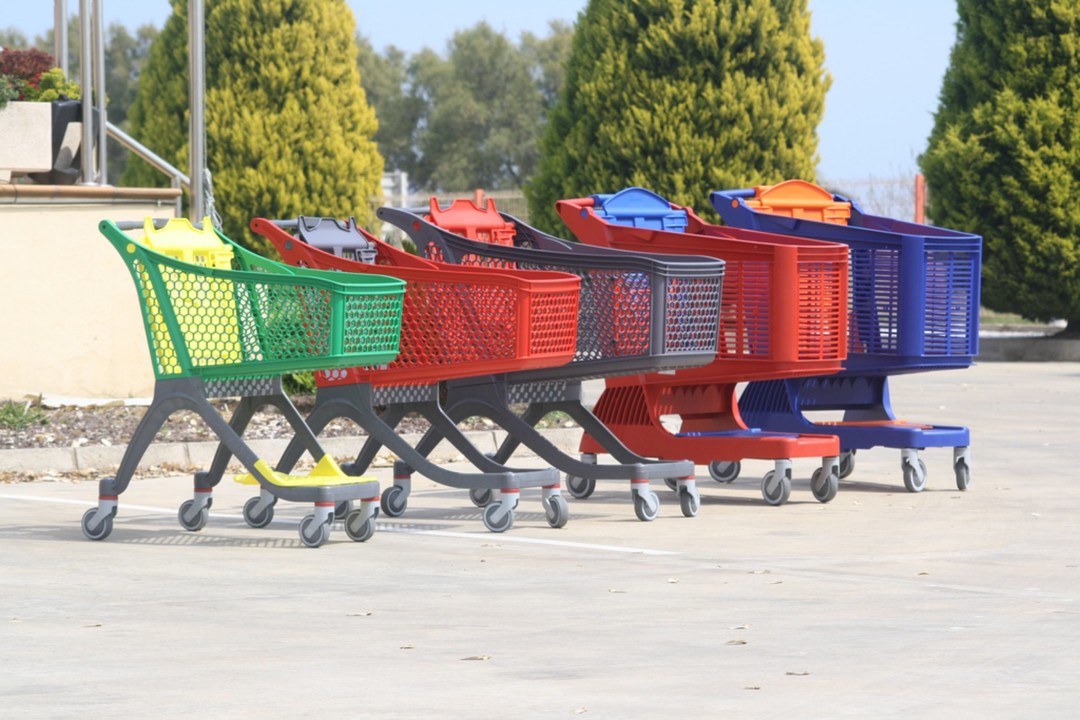
Behavioural segmentation drives conversion for modern marketers
Consider the purchase of the simple bed mattress. Easy to uncover the triggers for purchase. But, is it?
In truth, people mattress shop for a very wide range of needs: a move of home, a child now needs the adult-size version, parents are coming to visit. Same product. Very different needs. In this context, how do modern marketers uncover what inspires people to buy well?
In a complex world with shoppers in the driving seat, traditional targeting based on buyer characteristics no longer works.
My belief is that for business strategies to be truly transformative, brands must study and understand how shoppers actually behave during their purchase journey. This will identify pivotal moments of impact where brand action can most powerfully influence decision-making.
Without question data is the first step towards this insight. But what’s new is that while new tech allows us to capture reams and reams of data– that alone is no longer enough. Time [when] and space [physical location of the shopper] are the new critical drivers of insight because the mindset and purchase decision of today’s savvy shoppers change dramatically according to need.
It seems that many brands are losing out by tracking online activity alone or, worse, tracking the shopping route through the brand’s own website. This means brands are harvesting data towards the end of purchase journey- ignoring the journey in its entirety. A seductively large data set may well be delivered, but will fail to investigate the motivations that nudge people, and, the triggers that propel them to purchase. It’s myopic in out-take.
Desire, in our experience, is the game-changer, the pivotal part of the marketing journey – and emerges from behavioural study. For example, different demographics purchase the same product for different reasons. A working couple in their 20s and a retired couple in their 60s both consider vacationing at the same time for the same reason: they have no children and the destination chosen falls outside the school holidays. But the messages to inspire purchase are not the same.
Equally, it’s possible for the same person to purchase from the same product category for very distinct reasons. On Friday, buy a beer to complement a curry. On Saturday, purchase a six pack to share with friends. Same product, different decisions driven by different needs.
Traditional demographic segmentation poorly predicts the nuance of decisions taken.
Welcome behavioural segmentation
In contrast, consider an approach that clusters people not according to age, gender and income, but, by the way they behave. This is a game-changer for brands – as they deep dive into behavioural triggers.
The right questions, and powerful tools to analyse answers, uncover the triggers and enable brands to activate them.
At Geometry Global Intelligence behavioural segmentation is based on a simple 20 minute questionnaire with two distinct parts: one common to all products, the second tailored according to brand and circumstance [simply put: purchase behaviour around a chocolate bar varies from purchase of a high-end product such as a car – requiring unique questions]. The questionnaire may focus on the entire journey to see where on-line and off-line intertwine, or explore just one aspect – purchase by impulse in-store for instance.
Proprietary algorithms identify up to five behavioural groups, accounting for 80 percent of all shopping behaviours. Group segmentation is behavioural rather than demographic and identifies decisions based on influence criteria at key points along the journey from need for new product development to final purchase –entirely online, offline or a blend of both.
As a result, data and insights generated are quite distinct from the precise numerical data of click-throughs and stickiness of online tracking alone, and, shoppers are guided along their decision journey with effective finesse.
Based on experience of delivering conversion to world-class brands from aviation to fmcg to telco, my take is that in an ever-changing world, with ever-changing shopper behaviour - you ignore behavioural marketing at your peril!